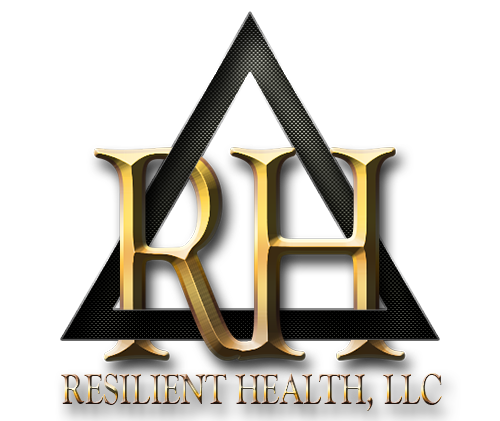💊 Do You Really Need Supplements to See Results?
Walk into any supplement store or scroll your fitness feed, and you’ll be hit with a tidal wave of powders, pills, and promises. But here’s the truth:
Supplements are just that—supplements. They’re not magic. They’re not shortcuts. And for most people, they’re not even necessary to make real progress.
So let’s break it down. When are supplements actually helpful? And when are you just creating expensive urine?
⚖️ What Are Supplements Supposed to Do?
Dietary supplements are meant to fill in the nutritional gaps—not replace a healthy diet. They can help support:
Nutrient deficiencies (e.g. iron, vitamin D)
Convenience (like post-workout protein shakes)
Performance in specific situations (e.g. creatine for strength athletes)
But if your training, sleep, hydration, and food intake are inconsistent… no pill or powder can fix that.
🧠 Science Says: According to the NIH and the Academy of Nutrition and Dietetics, most people can meet their needs through food if they eat a varied, balanced diet. Supplements can help only when those needs aren't met consistently.
✅ When Supplements Can Be Helpful
1. You Have a Documented Deficiency
Low in vitamin D, B12, iron, or magnesium? A supplement can help restore optimal levels—but it should be based on lab work or a doctor’s advice. Self-diagnosing leads to imbalance or toxicity.
📌 Example: Vegans often benefit from B12, while people with limited sun exposure may need vitamin D.
2. You Struggle with Food Access or Timing
If you’re:
Rushing between jobs or workouts
Struggling to get enough protein
Traveling often
…then shakes, bars, or greens powders might support your routine—but they shouldn’t replace whole food whenever possible.
3. You’re a Competitive Athlete or Bodybuilder
For people training at a high level, evidence-based performance supplements like creatine monohydrate, caffeine, and electrolytes can provide a measurable edge. But they only matter once your training, recovery, and nutrition basics are dialed in.
🚫 When You’re Just Wasting Your Money
❌ You Rely on Supplements Instead of Food
Whole foods provide:
Fiber
Phytochemicals
Satiety
Digestive benefits
…that no capsule can replicate. If your diet consists of powders, bars, and pills, your body is missing out.
❌ You Assume “More = Better”
Megadosing vitamins or taking multiple unregulated products can backfire. Fat-soluble vitamins (A, D, E, K) can build up in your system and lead to toxicity. Some supplements also interact negatively with medications or with each other.
❌ You’re Following Hype, Not Evidence
If it sounds too good to be true—fat burners, detox teas, “muscle boosters”—it probably is. Many supplements are not backed by credible research and aren’t even FDA-approved.
🧪 Fun Fact: A 2018 study in JAMA Network found that almost 800 supplement products were tainted with unapproved ingredients, including prescription drugs.
🧠 What the Science Actually Supports
Well-studied supplements with real benefits:
Creatine monohydrate: Muscle strength, size, and cognitive benefits
Protein powders: Help meet daily protein goals
Caffeine: Improves endurance and focus (when used properly)
Omega-3s (EPA/DHA): Heart and brain support, anti-inflammatory
Vitamin D3: Helps with mood, immunity, and bone health—especially if deficient
🧭 Bottom Line: Focus on the Big Rocks First
If your:
Sleep is off
Training lacks structure
Protein and veggies are inconsistent
Water intake is low
Stress is high
…then supplements won’t fix that.
Fix the foundation first. Supplements can help support progress—but they’ll never create it.
✅ When to Use Supplements:
To correct a deficiency (confirmed by testing)
For convenience when food isn’t accessible
To support high-performance training goals
Otherwise? Save your money, fix your habits, and fuel your body with real food.

